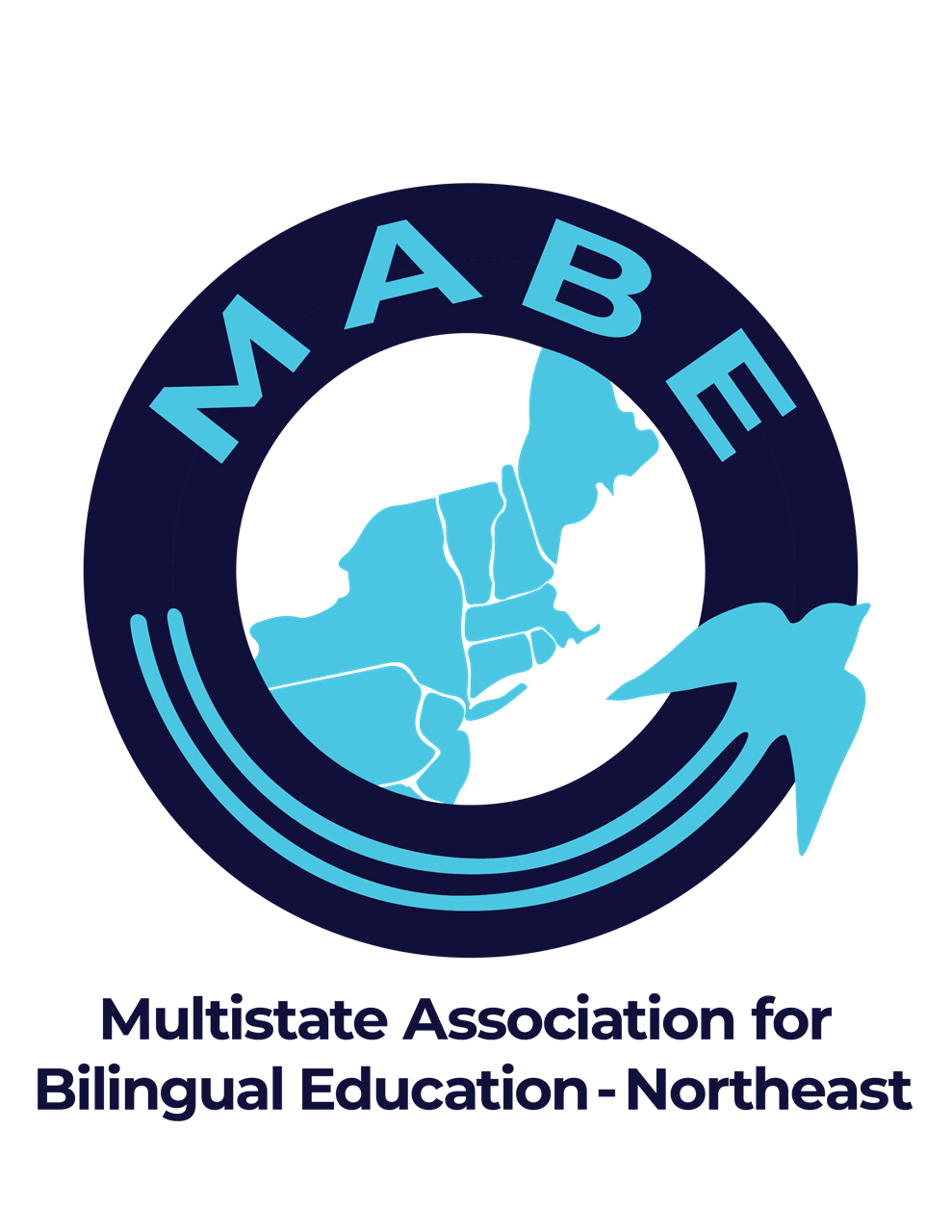Menu
Log in
Multistate Association for Bilingual Education, Northeast A nonprofit organization for educators, families, and policy makers. |
- Home
- News
- eBlasts & eNews
- Performance Assessments with MCIEA
|
Powered by Wild Apricot Membership Software
